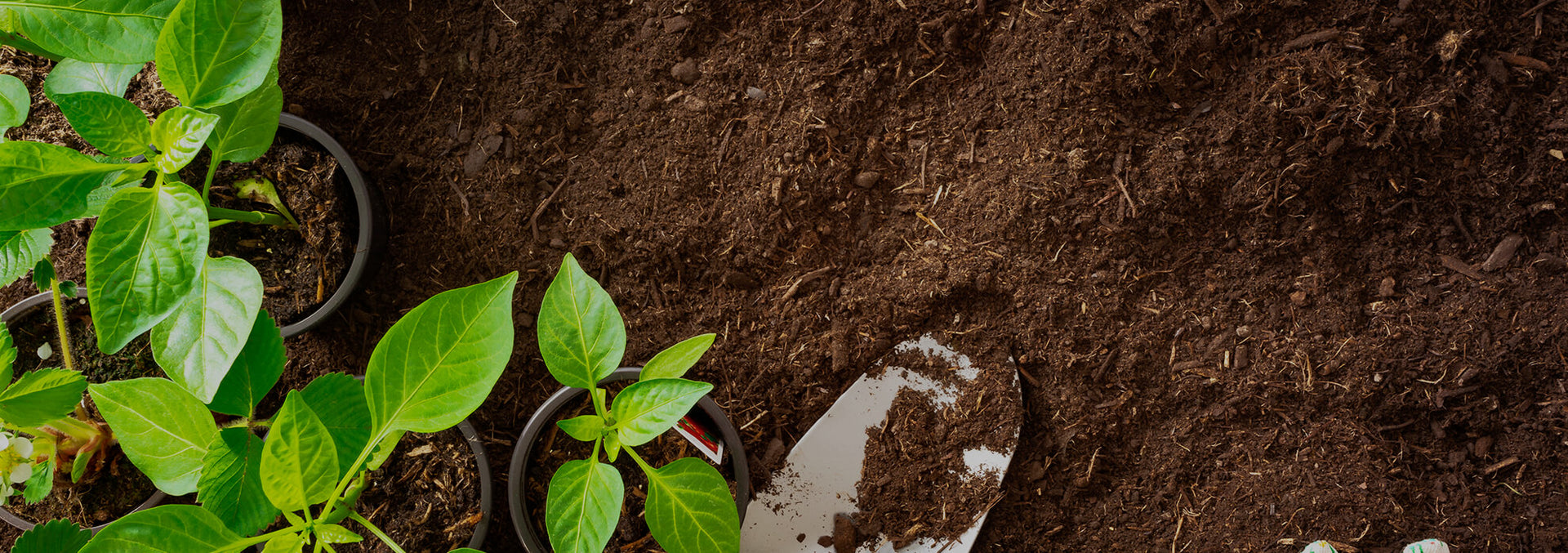Drought years bring the need for Soil Testing
Sometimes, information shared within the agricultural community is applicable to home gardeners, whether you are growing vegetables, roses, hostas or anything else. I was just reading an article in an agricultural publication called “Corn and Soybean Digest” (sounds fascinating, doesn’t it? - right after, I sorted my sock drawer) and it highlighted an important point. This year, most of theUnited Stateshas experienced some level of drought. Even the usually-soggy Pacific Northwest has had a record dry summer and fall. TheMidwest, where most of our crops are grown, was hit particularly hard. Folks have been very worried for the health of their plants, particularly corn and soybeans (which go into so many products including livestock).
However, the drought also greatly affects the quality of the soil. The article in question (which can be found here, if you are interested) was discussing the need for additional soil testing after a drought year. Ron Gelderman, SDSU Soils Extension Specialist, is quoted as saying “For those fields that were severely moisture stressed, available nitrogen (N) carryover may be higher than normal." When the soil has been very dry for a long period of time, nutrients do not move through the soil the way they generally do. Usually, there is some degree of nutrient runoff, over the course of the growing season. Additionally, if plants are stressed and/or do not survive, they are not taking up as much available nitrogen as they might normally. Therefore, you can accidentally get higher levels of nitrogen than normal. This is a good thing to keep in mind, as you amend your soil for the fall and during the next year. You can buy a cheap little soil test kit that will show you the pH of your soil and the nitrogen content, as well as a few others. Generally speaking, healthy soil that has lots of microbes will self-regulate macro and micro nutrient balance, pH and every determinant of healthy soil. However, it’s been an unusual year and taking the extra step to ensure plant health, particularly if you are having plant performance problems, is never a bad thing. If you are using synthetic fertilizers (which I DO NOT recommend, because they damage soil life, which decreases soil quality in every way), it is even more important to test your soil, as some fertilizers already have high nitrogen content which can stress and even burn your plants. If you have plant vitality and disease problems, it is helpful and interesting to track soil pH and other vitals, while applying our soil microbes, food for microbes and attractants for microbes. If you are the optimally diligent type, test the soil, nourish the soil, enjoy the changes and hope for a wet winter. If you are not so diligent, use our microbes, food and attractants for microbes only, then sit back and enjoy the self-regulated miracle that follows.
